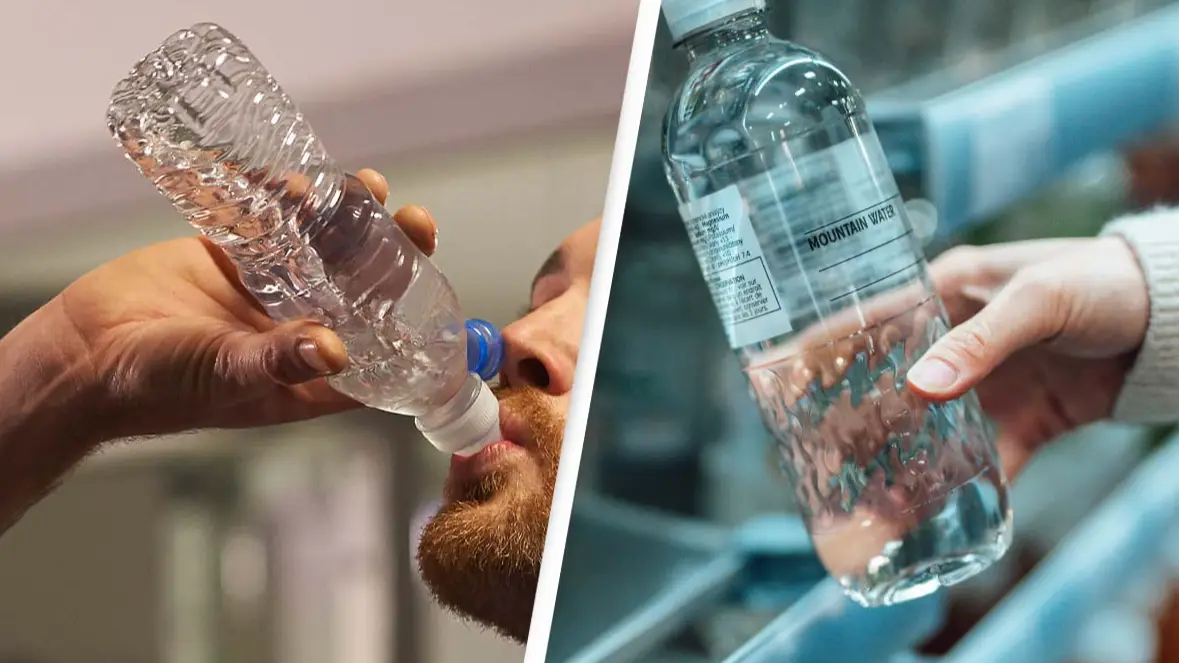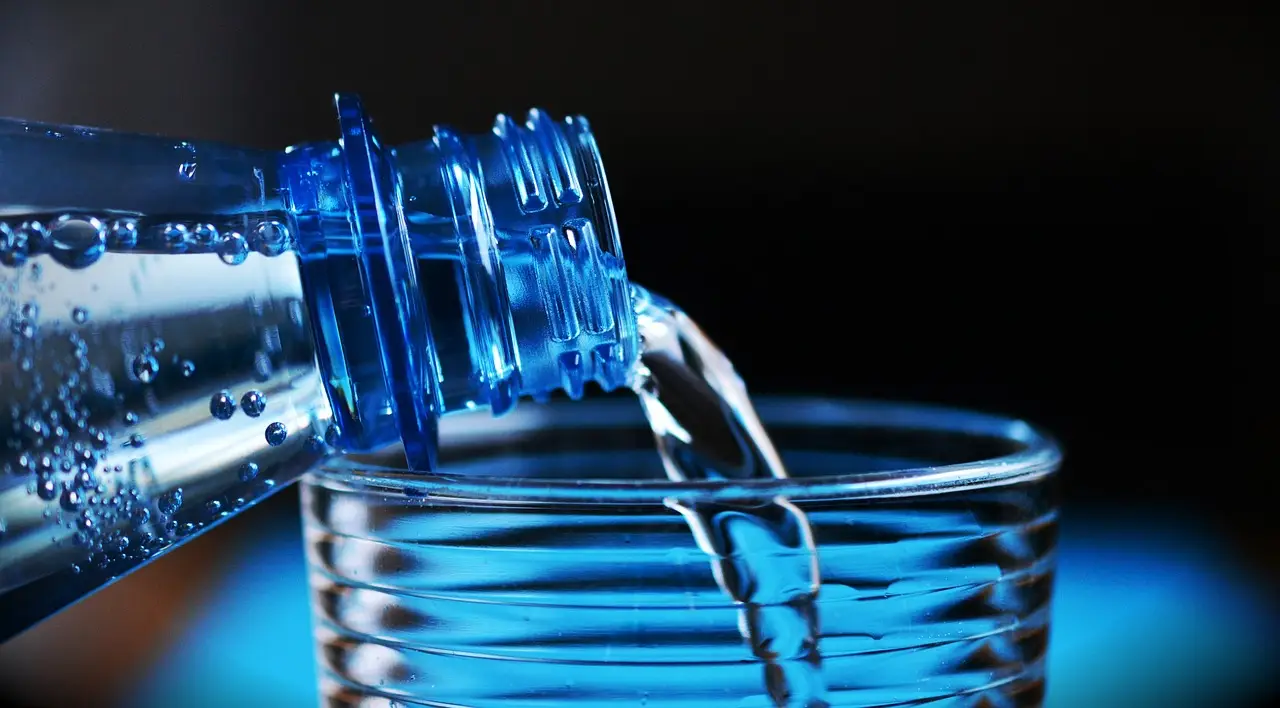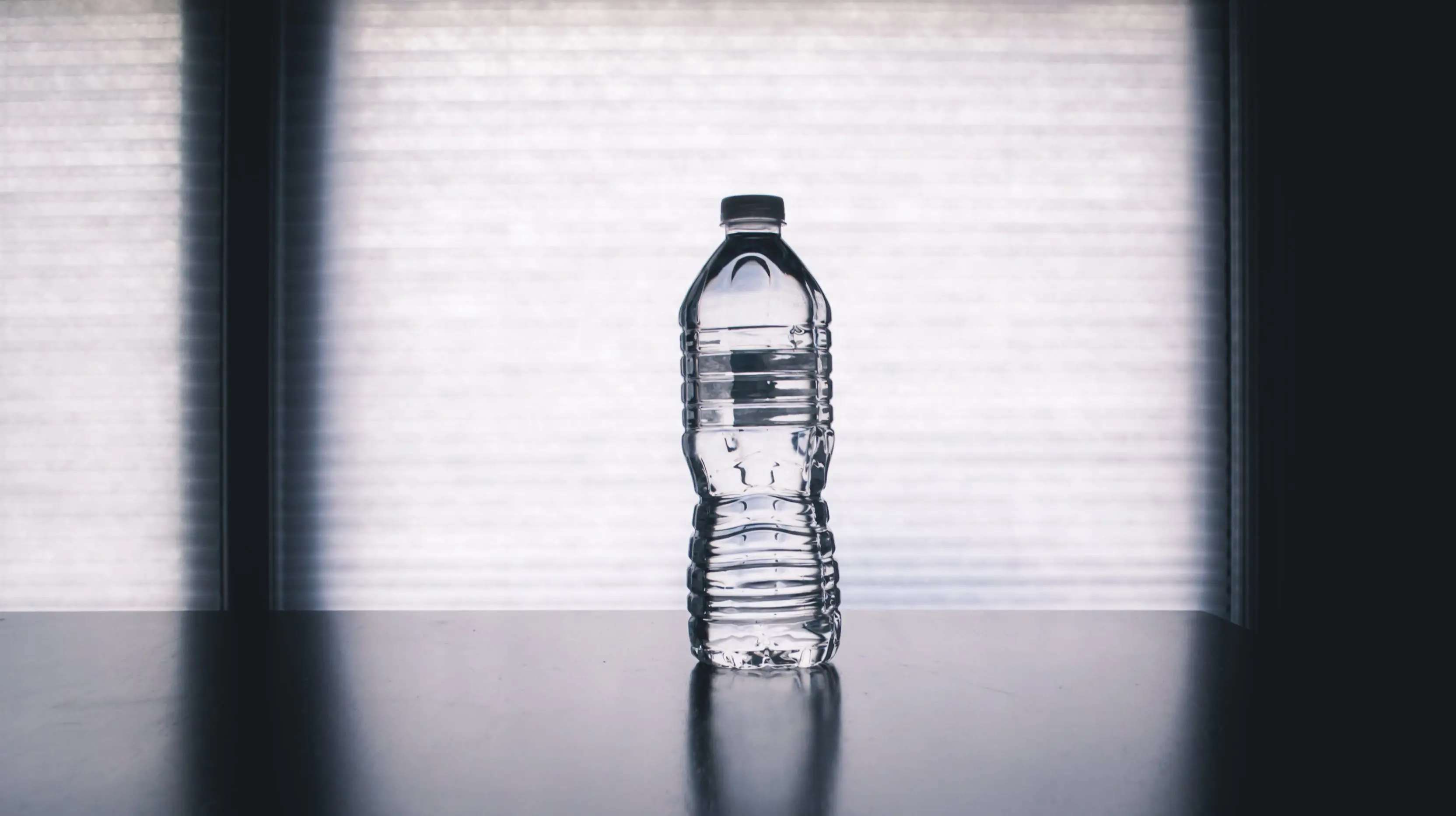
Scientists have revealed just how many potentially toxic pieces of plastic are hidden inside bottled water after studying three common brands.
Researchers at Columbia and Rutgers universities shared their findings in an issue of Proceedings of the National Academy of Sciences released on Monday (8 January), after studying five samples each of three water brands bought at a Walmart.
Scientists have long suspected there to be tiny plastic pieces in bottled water, and previous studies have looked at the prevalence of microplastics, which range from 5 millimeters to one micron. A micron is a millionth of a meter.
Advert
However, the latest study looked at nanoplastics; particles which measure less than one micron.
Researchers identified the nanoplastics with a microscope using dual lasers, and their results found that particle levels ranged from 110,000 to 400,000 per liter.
This meant that on average, a liter of bottled water contains around 240,000 nanoplastics - about 10 to 100 times more than the number of microplastics.
The team has not revealed which water bottle brands it included in the study, but Naixin Qian, a Columbia physical chemist and lead author on the study, explained that much of the plastic seems to be coming from the bottle itself, and the reverse osmosis membrane filter which is used to keep out other contaminants.

When it comes to the impacts of these plastic pieces, it's worth noting that humans are already exposed to microplastics when we breathe, drink and eat.
The body naturally flushes most of them, but extremely small particles can remain in our systems.
In the study, researchers noted: "Nanoplastics are believed to be more toxic since their smaller size renders them much more amenable, compared to microplastics, to enter the human body."
However, more research needs to be done to determine whether the nanoplastics could be harmful.
Study co-author Phoebe Stapleton, a toxicologist at Rutgers, said: “That’s currently under review. We don’t know if it’s dangerous or how dangerous.
"We do know that they are getting into the tissues (of mammals, including people) … and the current research is looking at what they’re doing in the cells.”

Duke University professor of medicine and comparative oncology group director Jason Somarelli, who wasn’t part of the research, acknowledged that the danger of plastics is still an 'unanswered question'.
However, he added: “We and others have shown that these nanoplastics can be internalized into cells and we know that nanoplastics carry all kinds of chemical additives that could cause cell stress, DNA damage and change metabolism or cell function.”
In a statement responding to the study, The International Bottled Water Association said: “There currently is both a lack of standardized (measuring) methods and no scientific consensus on the potential health impacts of nano- and microplastic particles.
"Therefore, media reports about these particles in drinking water do nothing more than unnecessarily scare consumers.”
According to PBS, all four co-authors interviewed following the study shared plans to cut back on their bottled water use.
Topics: Health, Food and Drink, Science